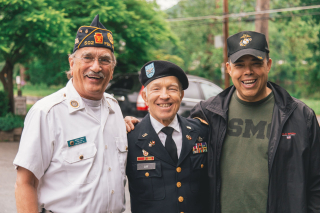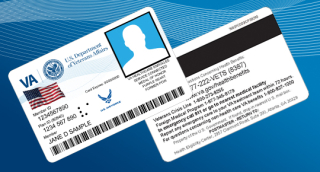Texas Veterans Benefits: Who Qualifies?
Under the Department of Veterans Affairs (VA) current framework, only individuals deemed a “veteran”, may be eligible for VA benefits. Assuming the member met the active service requirement, the VA relies on the individual’s character of service designation (COD) to determine whether a former service member was separated from their branch “under conditions other than dishonorable.” Despite their service, the VA consistently denies these soldiers access to necessary services and benefits. Under this framework, the VA fails to recognize hundreds of thousands of former members of the Armed Forces as veterans. This regulatory scheme has left many Texas veterans without VA benefits, such as service-connected benefits and the VA pension.
The Department of Defense provides service members with a discharge status which may be honorable, general under honorable conditions, uncharacterized, other than honorable (OTH), bad conduct (misdemeanor), bad conduct (general court-martial), dishonorable. Traditionally, the VA requires a COD for service members who received an uncharacterized, OTH, or bad conduct (misdemeanor) discharge. Historically, the VA denied benefits to service members who received Other Than Honorable (OTH) or Bad Conduct discharges. The VA would consistently find that these veterans engaged in “persistent or willful misconduct.” The VA would fail to find that the COD was “under conditions other than dishonorable.” However, many of these service members served in active combat and received these CODs due to their physical and mental wounds.
 Houston Estate Planning and Elder Law Attorney Blog
Houston Estate Planning and Elder Law Attorney Blog










